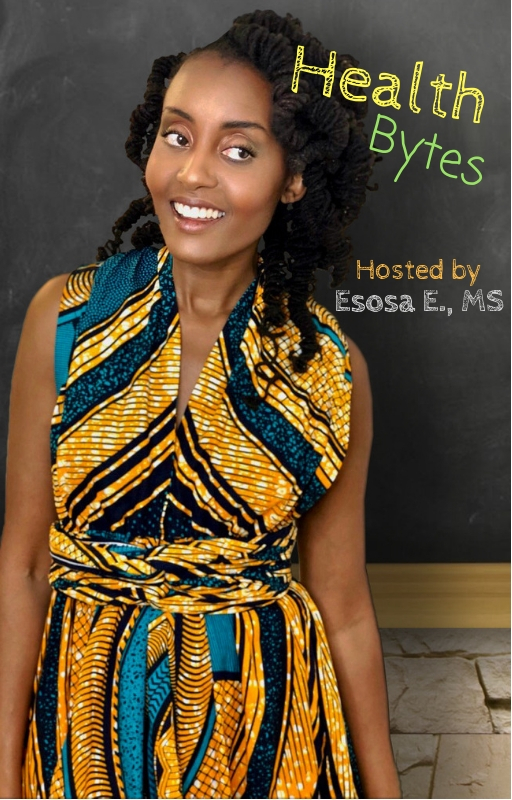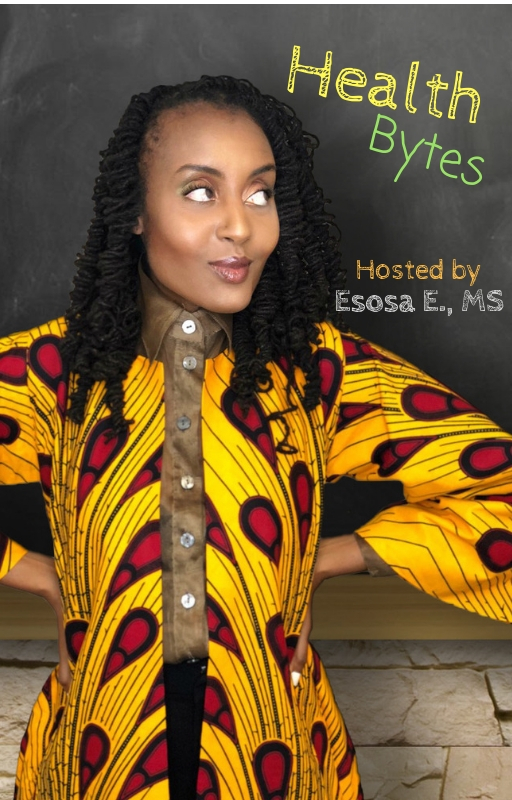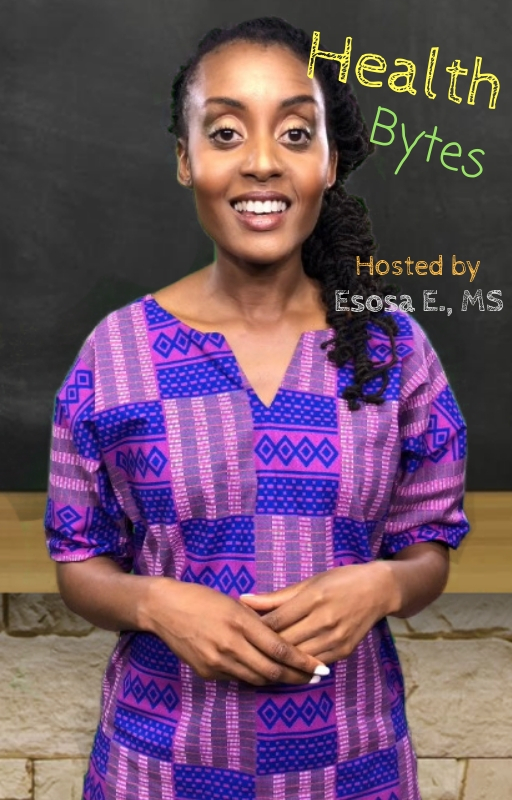Tags
acne aging anti-aging beauty detox diet exercise fasting healing health healthy lifestyle healthy living healthy recipes inspiration juicing Living la Vida Raw meditation mindfulness Move Your Body Natural Beauty natural cures Natural Cures natural remedies nutrition nutritionist parasites raw raw food Raw Food for Thought raw foods raw girl Raw News raw recipes Raw Spirit Recipes skin spirulina stress vegan vegan lifestyle vegan recipes vegetarian Veggie Love wellness yogaNewsletter Sign-up
Author Archives: rawgirl
IGTV Ep 4: To Carb or Not to Carb?
To Carb or Not to Carb? That is literally the question everyone and their mother seem to want to answer these days… So how do you decide if removing carbs from your diet is right for you? Stay tuned. Welcome to Health Bytes!
Carbohydrates are the bodies’ preferred source of energy. When a person consumes carbs our bodies break down or converts most carbs into the sugar glucose which is absorbed in the bloodstream. The two main forms of carbohydrates are sugars (such as fructose, glucose, and lactose) and starches, which are found in foods such as starchy vegetables, grains, rice, breads, and cereals. Simple carbs (refined sugars, white breads, pastries) are composed of smaller molecules and increase our blood sugar levels rapidly, while complex carbs like whole grains or brown rice are composed of larger molecules that increase the blood sugar levels gradually with more time.
So what’s the fuss about carbs? Well there are several things… First off you may know someone or have experienced a gluten intolerance yourself. Gluten is found in wheat, barley, rye, and often in oats. Even if you don’t have gluten intolerance, gluten sensitivity is quite common, and can cause more subtle changes in energy, brain fog, and indigestion. Some research has also suggested that gluten may be one of the main culprits for leaky gut, and autoimmune conditions.
In addition to gluten intolerance issue, you may have noticed that refined carbs (like white bread and pastries made from white flour are one of the first things people limit when trying to lose weight. This is because when we consume simple carbs or a diet high in refined sugar, this can lead to insulin resistance, hypoglycemia, diabetes, weight gain, and other blood sugar related issues. However if we consume foods lower on the index, our blood sugar levels are likely to remain stable over time, we feel fuller and have less hunger from consuming fiber-rich foods, and may be less likely to overeat. So paying attention to the TYPE of carbohydrates you consume can go a long way for maintaining or losing weight.
Now when it comes to research, low carb diets have been shown to offer some real benefits. Studies have show that low carb diets are more likely to encourage and keep weightloss off in the long run when compared to low fat diets. Low-carb diets are most beneficial for lowering triglycerides and also delivered the biggest boost in protective HDL cholesterol. Research shows that a moderately low-carbohydrate diet can help the heart, as long as protein and fat selections come from healthy sources. In one twenty year study, Women who ate low-carbohydrate diets that were high in vegetable sources of fat or protein had a 30 percent lower risk of heart disease and about a 20 percent lower risk of type 2 diabetes, compared to women who ate high-carbohydrate, low-fat diets. But women who ate low-carbohydrate diets that were high in animal fats or proteins did not see any such benefits. Recent research has also made it clear that consuming a low carb diet that is high in animal protein, decreases longevity.
Now that you have the skinny on the carbs, you are in a better position to decide for yourself. Keep in mind that carbs are the bodies’ preferred energy source, so cutting them out altogether may not be the best long term solution, but perhaps reducing or replacing the kind of carbohydrates you consume can go along way to a healthier you. Reducing the amount of processed foods and increasing whole foods such as fruits, vegetables, legumes, nuts, seeds, grains, and fish or lean meats is ideal.
I’m Esosa E. Clinical Nutritionist & Founder of rawgirltoxicworld.com, until next time, your wealth is in your health!
Healthy Living in a Toxic World – Episode 4: Effective Exercise
In this episode of Healthy Living in a Toxic World, I talked to fitness expert and personal trainer Mocha Lee about ways to make sure we get the most from our workouts and why exercise is essential for overall health.
We discuss:
- The components of a great workout
- How to get better results when we hit a plateau
- The importance of proper form
- How to overcome common obstacles to to getting regular exercise
- Parameters to know if you are under-exercising or over-exercising
& More! Tune in and don’t forget to share!
Podcast: Play in new window | Download
Podcast Ep 4: Effective Exercise
Episode 4 of Healthy Living in a Toxic World is live! This week I talk to personal Trainer and former body builder Mocha Lee about all things fitness. We get into how to to find variety in your workouts, and why women should really not be scared of building muscle mass. If you are looking to take your fitness to the next level in 2019 I recommend you give this show a listen.
It’s still the first month of the year, when everyone makes that gym rush. If you are getting bored with your workout already, I recommend you find movement that you love. Remember the gym is not the only place for you to get some physical movement. If you need some ideas, check out this past post on Reframing Exercise.
To listen to the full conversation, subscribe to the podcast on Itunes, Spotify, or Google Play. Links below 🙂 -XO Esosa E, MS AKA Raw Girl
IG TV Episode 3: 4 Ways to Slow the Aging Process
 Are you like me, and don’t ever want to have to get BOTOX? This one’s for you boo…Welcome to HealthBytes!
Are you like me, and don’t ever want to have to get BOTOX? This one’s for you boo…Welcome to HealthBytes!
We’ve been led to believe that aging is a completely natural part of life’s cycles; but what if that wasn’t necessarily the whole truth. What if just by making lifestyle shifts we could : prolong the quality of our lives, have more energy AND slow down the aging process. Here’s 4 Simple ways to keep it tight and right well past 70
- Reduce the amount of free radicals in your diet. – This means you eliminate fast foods, fried processed foods, and focus on whole nutrient dense stuff full of life force. The more raw, steamed, or baked foods the better. If you don’t want to look like a potato chip at 85; don’t eat them.
- Start the practice of intermittent fasting. Not only has eating within a restrained window of time been proven by research to extend your lifespan, it also activates autophagy. Autophagy is basically a really gangsta clean up and repair of dead cells. While your body fasts, you regenerate your cells and remain fabulous.
- Stimulate the vagus nerve. So the vagus nerve is a part of our nervous system and is responsible for communication between the gut and brain. When our parasympathetic nervous system is turned on, our body is in digest and rest mode. Most people have their sympathetic nervous system turned on which is fight or flight mode. When the body is in fight or flight, it cannot heal! Simple way to stimulate the vagus nerve: take a hot to cold shower. If you can handle it an extremely cold 60-90 second burst during your morning shower will not only energize you, but put your body into healing mode.
- Reduce your refined sugar intake. When the body takes in sugar, it triggers a process called glycation – sugars latch onto protein molecules and because of this they get stiff and malformed. Some of the main proteins affected by this are collagen and elastin, which are KEY in keeping our skin youthful and supple. -XO Esosa E, MS AKA Raw Girl
Podcast Ep 3: The Power of Adequate Sleep
Episode 3 of Healthy Living in a Toxic World is live! This week I talked to my former professor and NY Times Best Selling Author, Dr. James Maas, who has authored several books including Power Sleep and Sleep for Success. We discuss the benefits of adequate sleep, how to nap effectively, what happens to the body when there is a lack of sleep, and how sleep affects performance.
In my practice as a nutritionist, I have discovered that getting adequate sleep is the foundation of healthy living. It doesn’t matter what your healthy living goals are, without sleep you will fail. Lack of sleep affects your ability to lose weight, decreases your energy leaving you unable to exercise, and influences the hormones that affect our cravings —leading us to make poor nutrition choices. Lack of sleep also will make you as insulin resistant as a type 2 diabetic! Have you been prioritizing sleep in this new year? If not, make a plan today for your regular bedtimes to get some good quality rest. Your work, body, and performance will thank you!
To listen to the full conversation, subscribe to the podcast on Itunes, Spotify, or Google Play. Links below 🙂 -XO Esosa E, MS AKA Raw Girl
Healthy Living in a Toxic World – Episode 3: The Power of Adequate Sleep
In this episode of Healthy Living in a Toxic World, we talked to Dr. James Maas, author of the NY Times Best Selling book Power Sleep who has been researching sleep for over twenty years. In this episode Dr. Maas offers up tips for why sleep is essential for our energy, overall health, and optimal performance.
In this episode we discuss:
- Is it a good idea to take naps?
- How sleeping plays a role in our success
- The connection between sleep and weight loss
- What diseases can be avoided by getting a good nights sleep
- What is REM sleep?
- How sleep affects our performance in work and life in general
& More! Tune in and don’t forget to share!
Podcast: Play in new window | Download
Podcast Episode 2: Plant-Based Diet
Episode 2 of Healthy Living in a Toxic World has been live for a week now, hope you have caught it! It was a real honor to have the opportunity to interview Dr. T. Colin Campbell, author of the China Study, and Founder of the T. Colin Campbell Center for Nutrition Studies at my alma mater Cornell University. You may have also seen Dr. Campbell in awesome plant-based focused documentaries such as Forks Over Knives. Dr. Campbell and I discussed the wide range of diseases that can benefit or be healed just by switching to a plant-based lifestyle. One of the most interesting nuggets I took from our conversation was the origin of the protein myth. Dr. Campbell mentions that this idea that we need excessive amounts of animal protein actually started after a study on dogs (not humans) was published in the 1800s and showed that the animals were weaker with a lower consumption of protein. Crazy huh?
As you may know, as a nutritionist I believe in bio-individuality and that we all need to find the unique balance of foods that work for our bodies. That said, I do believe that EVERYONE can benefit from eating more plant-based foods, and eliminating processed foods. Take a look at your diet today, and see how you can add in more organic fresh fruits and vegetables whether it be including smoothies, juices, fresh salads, or additional sides.
To listen to the full conversation, subscribe to the podcast on Itunes, Spotify, or Google Play. Links below 🙂 -XO Esosa E, MS AKA Raw Girl
IG TV Episode 2: 5 Reasons You May Have Acne
 Are you vegan, gluten-free, only drink rain water, and can still not figure out why in the heck you still have acne? This one’s for you boo. Welcome to Health Bytes!
Are you vegan, gluten-free, only drink rain water, and can still not figure out why in the heck you still have acne? This one’s for you boo. Welcome to Health Bytes!
There are many reasons why acne can happen, but most people focus on acne as an external issue and don’t think of acne as a warning sign. Acne usually points to a underlying issue with your digestion, elimination, your diet, hormones, and sometimes the balance of microorganisms in your gut. You may have what in your mind is the PERFECT diet, but still can’t beat the blackheads. Here’s a few reasons why:
- You eat a lot of processed or packaged foods, or fried foods. Consuming foods with dead oils and high in trans fats that are processed can cause breakouts for some of us, because everyone has different levels of sensitivities to food. Even if your bff can wolf down fries and maintain her blemish free skin, it may not last for long and could lead to a much more serious health condition. If you are sensitive, consider it a blessing and stay away from foods with excess oils, stabilizers, chemicals, high fructose corn syrup, and other fillers.
- You have some underlying elimination issues. The colon is literally our bodies’ sewage system. In order to keep our skin clear we need to have regular bowel movements. the colon needs to be clear enough to process waste and toxins out of the body. If you are only having one bowel movement over the course of a few days — it’s a sign that you are constipated and need to drink a lot of additional water. To calculate how much water you need, a good general rule of thumb is to divide your body weight in half and drink that amount in fluid ounces, not to exceed 125 fluid ounces.
- You May Have…Parasites! A lot of people don’t know this, but some acne or skin breakouts can be caused by parasites. Parasitic infection is usually a sign of an underlying root cause or health issue sometimes related to leaky gut, for example mercury poisoning, candida overgrowth. DO you have fatigue, or a visible white coating on your tongue? It may be time to figure out what’s really going on and get the buggers or candida out of your system.
- Last but not least: Stress and hormonal imbalance can cause acne. Remember when you were a teenager and everyone said not to worry about your acne because your raging hormones caused them? Well when we get older and still have acne, that’s no longer an acceptable answer. SO now what? Well if we are stressed out, and our cortisol levels are consistently high, our body stays in fight or flight mode, and we can eventually wear out our adrenals, and throw off the balance of progesterone and estrogen in our body. If estrogen levels get high, we also may breakout, or have an imbalance that manifests itself in other ways such as fibroids, endometriosis etc. in women. Moral of the story is that acne can be affected by more than diet alone. If you do the work to figure out what your acne is trying to tell you about your body; you’ll be able to stay blemish-free and keep that natural glow! -XO Esosa E, MS AKA Raw Girl
Healthy Living in a Toxic World – Episode 2: The Benefits of a Plant Based Diet
In this episode of Healthy Living in a Toxic World, I spoke with Dr. T. Colin Campbell, author of the groundbreaking and best selling book The China Study who has spent more than 70 years researching the connection between diet and disease.
In this episode we discuss:
- The core benefits of a plant-based diet
- Myths and misinformation about protein and where it all began
- Diseases that can be prevented or healed with a plant-based diet
- What nutrients need to be supplemented on a plant-based diet
- What foods turn on cancer cells?
- Is B12 deficiency really a big deal on a plant-based diet?
& More!
Podcast: Play in new window | Download








